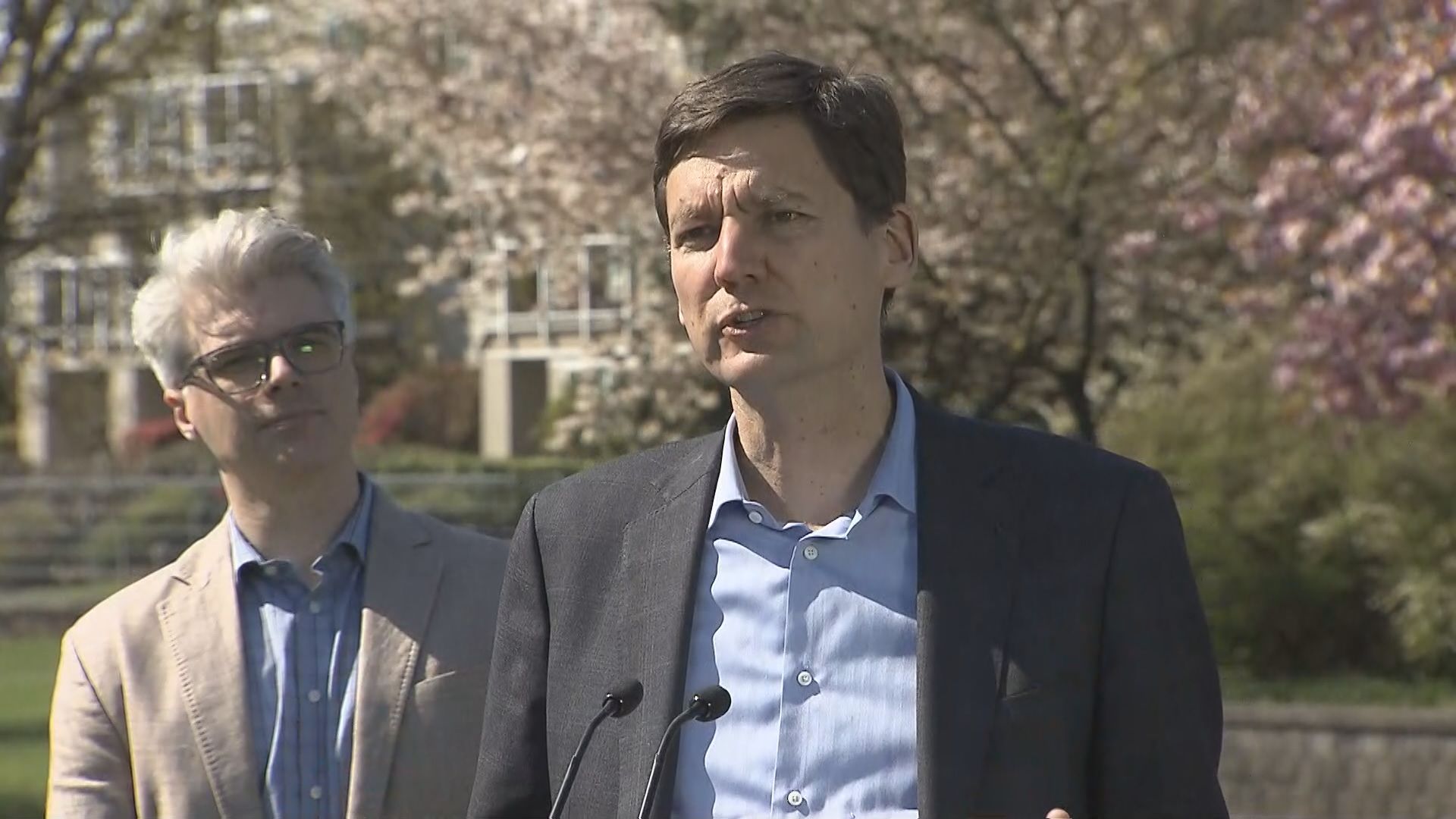Achi news desk-

Premier David Eby says as BC inches closer to new short-term rental rules coming into effect, 17 communities have decided to opt into the restrictions.
The update comes as the regulations regarding the amount and types of short-term rentals allowed in BC come into effect on May 1.
The BC NDP introduced the legislation in October of last year which, once in effect, aims to return short-term rentals to the long-term rental market.
As of May 1, the province is requiring short-term rental platforms, such as Airbnb and VRBO, to share data and to remove listings without business licenses and registration numbers “quickly.”
It also limits short-term rentals to a property owner’s principal residence — plus one additional unit or suite on that property — for municipalities with more than 10,000 people. Municipalities with less than 10,000 people, or those designated as destination municipalities, will be able to opt into the legislation.
Those communities that have chosen to join, such as the resort municipality of Tofino, will see the new laws come into force on 1 November. Some other communities that have agreed to the new rules are Kent, Gabriola Island, Bowen Island, Osoyoos, and Pemberton.
The province says through regulations, the fines for guests who violate the rules of municipal bylaws will increase to $3,000 from $1,000, per infraction, per day.
“The problem is not short-term rentals themselves,” Eby said in Thursday’s update. “What has been a problem is insufficient supervision over this sector. And there’s a group of people who have … said I’d like to buy a whole bunch of homes that would otherwise be rented out by people, or what other homes would otherwise be bought by families looking for a place to live, and I would like to operate a private hotel chain through Airbnb or VRBO.”
“To give you an idea of the scale of the problem we face in British Columbia with this type of activity [from] This small group of individuals, we have 19,000 entire homes in our state that are available year-round on short-term rental platforms,” he continued.
“And I can tell you that there are 19,000 families and individuals who are looking for a place to live, to buy, to rent right now, who are in competition with people who are looking to operate homes as hotels.”
Data from McGill University released in 2023 showed that the top 10 percent of guests in BC earned almost half of all revenue generated.
Eby added that, starting on Thursday, a portal will be available for people to report operators for breaking the new rules, and also give guests a platform to check their operating requirements.
“These rules balance the need for long-term homes, including people and the tourism and hospitality industry where guests need to be accommodated. As the chief mentioned, people are seeing long-term homes open up for rent, and more short-term rentals are being listed for sale or becoming long-term homes for families and individuals,” said the Housing Minister Ravi Kahlon.
The province reiterated Thursday that short-term rentals are still “welcomed” in BC, as long as they operate within provincial and local rules.
“We encourage people to continue to explore beautiful British Columbia and stay in legal short-term rental accommodation. We want guests, hosts, local governments, and platforms to know what to expect on May 1,” added Kahlon.
Short-term rentals create major economic impacts: Airbnb
In a statement Thursday, Airbnb claimed a newly released economic analysis showed it generated more than $2.5 billion “in economic impact across BC in 2023,” and supported more than 25,000 jobs in the state.
“The analysis shows that for every $100 spent on an Airbnb stay, guests spent an additional $229 on other goods and services such as local businesses, restaurants, attractions, shops, and more,” the short-term rental agency said.
Airbnb believes the new “tough” short-term rental laws “jeopardize billions in tourism spending and economic benefits.”
“BC’s new short-term rental law is going to have a significant impact on the province’s tourism sector, just as peak tourism season arrives – taking additional income from residents, limiting accommodation options for guests, and potentially jeopardizing billions in tourism spending and economic impact. ,” said Nathan Rotman, Airbnb Canada’s policy lead in the statement.
“At a time when BC is facing record deficits and economic growth is slowing, these new rules hurt residential hosts, tourists, communities and the economy as a whole.”
Airbnb also contributes to tax revenue in the province, the agency claimed, explaining, “British Columbian Hosts on the platform generated approximately $93 million in taxes in 2023, bringing in much-needed tax revenue for a province that is projected to it will face a record $7.9 billion deficit.”
You can watch CityNews 24/7 live or listening live for CityNews 1130 for an update on this story. You can also subscribe to breaking news alerts sent directly to your inbox.
Ad blocking test (Why?)





Source link
Related

